Disaster Plans: They Aren’t All the Same
Let’s face it, when the SHTF, we know we will need certain things such as food, water, and shelter. However, each disaster is different, which means you may have to have a few different disaster plans for each one.
Below, you will learn about the different types of disasters, how to create disaster plans, and how to plan for vulnerable friends and family.
Types of Disasters
The main disasters we think of are tornadoes, hurricanes, flooding, and possibly winter storms. However, there are so many different types of disasters.
Many times you may not even think of something in your area as becoming a disaster. In order to prepare for disasters in your area, it is important to know more about the various types of disasters that could come your way.
Below are the various types of disasters according to the American Red Cross.
Chemical Emergency
Chemicals are just a part of our lives. Even though we don’t think about it a lot, chemicals are everywhere. We use them to keep our food fresh, bodies clean, and homes sanitized.
However, chemicals can be poisonous and deadly. Many chemicals are transported on our highways and railroads without us being aware of them. It is important to keep our eyes open to what’s going on around us, no matter where we are.
Drought
Drought is a period when the weather is abnormally dry and persists long enough to cause an imbalance. This could include crop damage, shortages of water, and dehydration.
If you live in an area where droughts happen, it is important to store water. You can also learn about water conservation, here.
Related: How to Store Water for Drinking and Cooking
Earthquake
Some earthquakes are small, but others can destroy whole cities. If you live in an area that is prone to getting earthquakes, you want to be prepared for the inevitable.
In fact, 45/50 U.S. states and territories are at a moderate to very high risk of earthquakes. So, if you live in the U.S. you will want to know How to be Ready for the Next Earthquake.
Fire
Did you know that if your house starts on fire, you have as little as two minutes to escape? It is important to know your escape plan and always have a working smoke alarm. If there is a wildfire, you may have to evacuate your neighborhood.
Flood
Did you know flooding is one of the most frequent and costly natural disasters? Hurricanes, thawing snow, or several days of sustained rain can all cause flooding.
Flash floods also occur due to rapidly rising water along a stream. If you live in an area that floods, you can find out how to be prepared here.
Hurricane
Since it is hurricane season, so we have heard a lot about major hurricanes in the news. Just recently Hurricane Dorian devastated the Bahamas. With that being said, if you live near the ocean, you need to be prepared in case of a hurricane.
Check out Be Prepared for a Hurricane to learn how you can start your disaster plan.
Landslide
Landslides have actually happened in almost every state. Landslides are downhill earth movements that can move slowly or rapidly depending on the conditions that prompted the slide to start.
Slow-moving landslides cause damage gradually whereas rapid landslides can destroy property and take lives before people have time to react.
Landslides are typically caused by heavy rain, snow melting, shaking of recently worked plots of land, earthquakes, volcanoes, and gravity’s effect on unstable land.
Related: North Salt Lake Utah Landslide
Power Outage
Power outages happen for a number of reasons, but it can really wreak havoc on your daily life. Since we rely on the power to cook our food and keep food fresh, keep us warm in the winter and cooler in the summer, a power outage can be devastating.
No matter where you live, you should be prepared for a power outage of some kind. How to Prepare for a Power Outage Today is a great read to start making those disaster plans.
Tornado
Tornados in some cases can be worse than a hurricane. You have little warning before they show up which means little time to prepare. So, it is important to be prepared for a tornado warning before you hear those sirens. Read How Can You Be Prepared for a Tornado so you can start your disaster plan.
Tsunami
Tsunamis only happen in certain areas, but if you live in an area where they are prone to happen (check out earthquakes above), you need to start preparing. To make it out of a Tsunami alive, read Tsunami Preparedness.
Volcano
You won’t find volcanoes everywhere, and they don’t seem to erupt very often. However, when one does erupt, you better be prepared. If one erupts near you, you will most likely need to evacuate.
Get an evacuation plan in order with your family with particular emphasis on transportation route options.
Winter Storm
If you don’t know How to Emergency Prep for a Winter Storm, find out here. Winter storms can knock out power lines, and even worse, make it nearly impossible to get to the store, bank, or other critical destinations.
If you live in a climate that has winter storms, you should always have your home prepped for the few days you’ll be inside.
How to Create a Disaster Plan
Once you have figured out which disasters above could potentially affect your area, you can begin creating an emergency plan with the members of your household.
In case of an emergency of any kind, everyone should have an emergency kit. An emergency kit should include flashlights, batteries, weather radio, extra cash, first aid kit, copies of important documents, water, and food to last 10 days.
Additionally, you should also have an emergency plan. Below you will find out how to get this emergency plan started.
Discuss Emergency Situations with Family Members
Sit down and have a family meeting to discuss the possibility of emergency situations. Talk about the different disasters that are most likely to happen in your area.
Let your family members know that this is something that is serious and needs to be prepared for.
Plan What to Do if You are Separated
Do you know what you will do if you end up separated from your loved ones? This happens more often than not. Without a plan, it can put you and your family in life-threatening situations.
Here are some ways you can be prepared if you are separated:
- Choose two places to meet up
- A place for a sudden emergency, like a fire.
- A place outside of the neighborhood for serious disaster situations.
- Talk about members of the family who may be away at certain times.
- How will the plan be different if they are away versus if they are home?
- Choose a contact person. Make sure you have a person out of the area that you can all contact to make sure the others are ok.
Determine where to Go if You Evacuate
When there is a state of emergency and you are told to evacuate, everyone may not be together. Kids could be at sporting events, parents could be at work, and that is when things get tricky.
Instead of tracking everyone down, make a plan of where you will go and who will do what. You will want to do the following:
- Decide where you will go if you evacuate. Not only choose a place but decide on the route you will take to get there. That way if anyone doesn’t show up, you can report to the authorities where they could be.
- If you have small children, designate one parent to pick them up from daycare, etc. This way there won’t be confusion costing you time.
- Plan for your pets. Find pet-friendly hotels/motels or animal shelters along your evacuation routes.
Knowing your evacuation plan like the back of your hand is key to getting out safely.
Related: What you need in your Emergency Vehicle Kits
Practice Your Disaster Plans
You will want to practice your evacuation and disaster plans at least twice per year. You want to know your plan like the back of your hand.
This keeps your family on their toes so when it does happen, you all know what to do. Remember, things change within the context of every family situation.
Kids change schools, get their driver’s license, change jobs, etc.
Daily routines can change based on the time of the week or during different seasons of the year. Take these things into account as you practice, it could make all the difference.
Let Loved Ones Know You are Safe
When disaster strikes, friends and family members could begin to panic. Disasters can tie up safety personal as they look for or generally take care of people to make sure they are safe.
When you are safe, make sure you let friends and family know you are safe.
Send a text message, make a phone call, post on FB, or talk to your emergency contact. By doing this you prevent confusion. Make a list of those you will need to contact after a disaster to inform them that you are safe.
Make Sure You Plan for Everyone in the Home
Some members of your household may need special accommodations during an emergency situation. These members are considered vulnerable. Below, you will learn how to plan for these people.
Make sure you plan accordingly.
Disaster Plans for Vulnerable Populations
Not only is it important to have different disaster plans for different types of disasters, but you will want to plan for vulnerable people in your home as well.
Some of those who are more vulnerable include pregnant women, students away from home like college students, families with young children, and the elderly.
Pregnant Women
Pregnant women are considered vulnerable because anything could happen during a disaster from giving birth to breathing in harmful chemicals. If you have a pregnant woman in your home, you will want to do the following:
- Check for doctors outside of your area that can see the pregnant woman or deliver her baby.
- Pack prenatal vitamins and medications in your emergency kit.
- Listen to announcements from emergency officials about chemical safety.
- When taking shelter, always let the staff know about the pregnancy.
- Pack items you would take with you to the hospital during delivery.
College Students
The biggest reason college students are vulnerable is that they are not prepared for disasters. When something happens, they don’t know what to do or where to go. You can prevent this in the following ways:
- Make sure they know how to exit their apartment, dorm, or house in case of an evacuation. They need two ways out.
- Plan at least two different meeting places with them.
- Check the college’s website to see if they have their own emergency plans posted.
- Give your college student a first aid kit and an emergency kit that they can have in the event they are stuck in their dorm.
Families with Young Children Disaster Plans
Families with young children are vulnerable because we have to protect our kids. Let’s face it, kids take a lot of work on a normal day, but in a disaster, you are just trying to keep them alive.
Here are some things to add to your disaster plans if you have young children.
- Pack enough formula and diapers for 10 days.
- Use a ready-to-feed formula so you do not need additional water and powder that could get contaminated.
- Make sure you pack stuffed animals and games to help comfort your kiddos.
- Know your child’s school or daycare emergency plans. This way you will know where your children are if they need to evacuate.
The Elderly
As many of us know, the elderly can be vulnerable even without a disaster. When preparing your disaster plans for an elderly person, you will want to be:
- Informed about treatment centers.
- Supported by a network of family and friends who can assist you in an emergency and practice your disaster plans.
- Able to access emergency supplies, such as life-saving equipment or medicine.
- Prepared for mobility issues. Keep canes and walkers nearby.
- Stocked with food and supplies for the elderly which include:
- Foods rich in B12
- Spare glasses, catheters, batteries, oxygen
- Medical cards
- Medicines and copies of prescriptions
- Blankets, extra clothing, and shoes
When it comes to the elderly, you will want to make sure you have everything they will need in a location you can access quickly.
Final Word
Disasters come in all shapes and sizes. This means that we have to be aware of what could happen and plan accordingly. Your disaster plan may not look like someone else’s, but that’s ok!
The important thing is to make one! Do you have a disaster plan? Have you practiced it?
If you haven’t, make sure you start today! You never know when a disaster could devastate the area you live in. May God bless this world, Linda

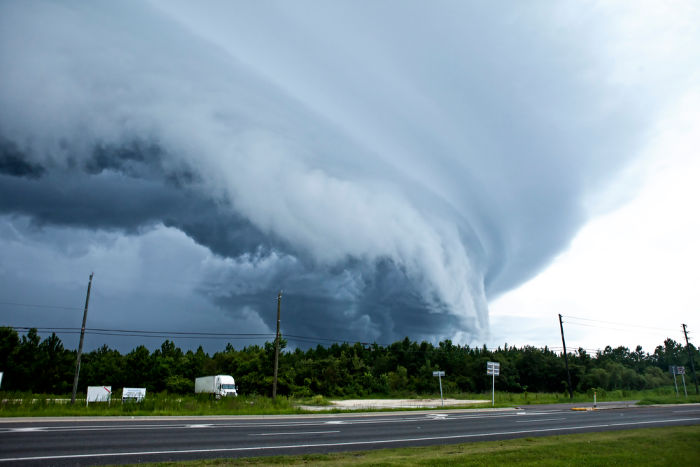


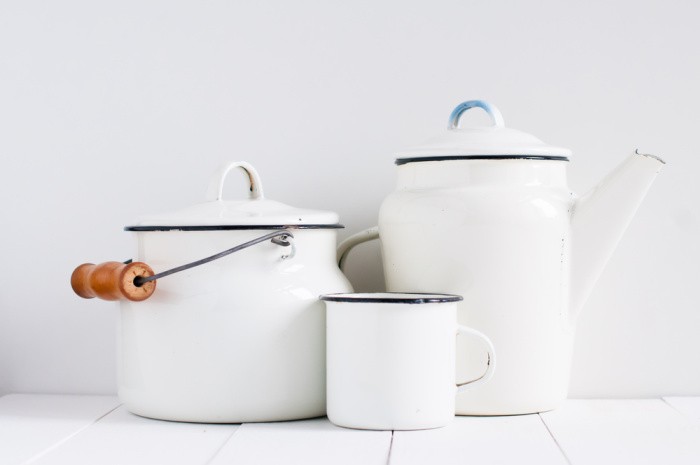
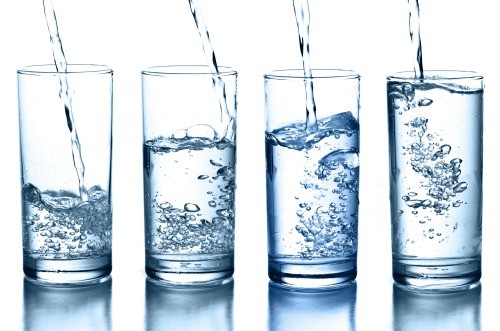
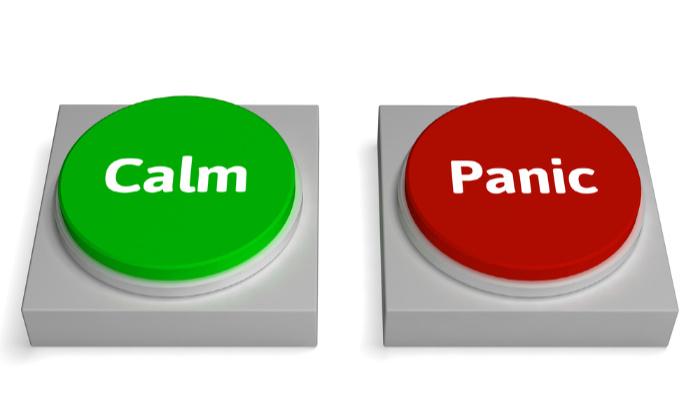
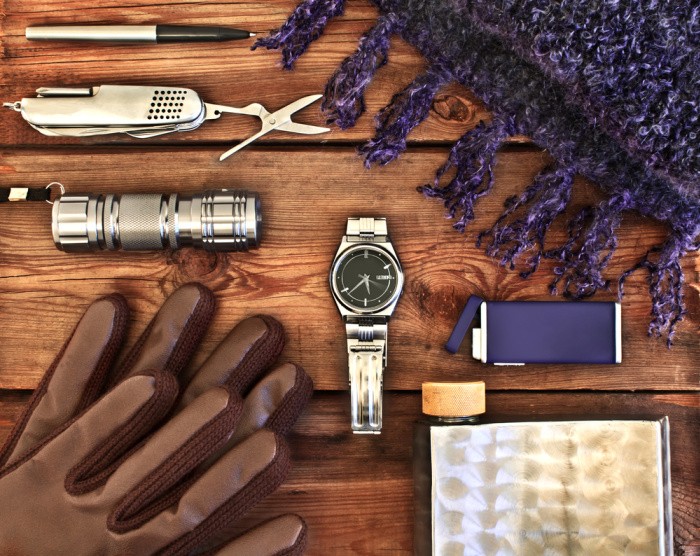
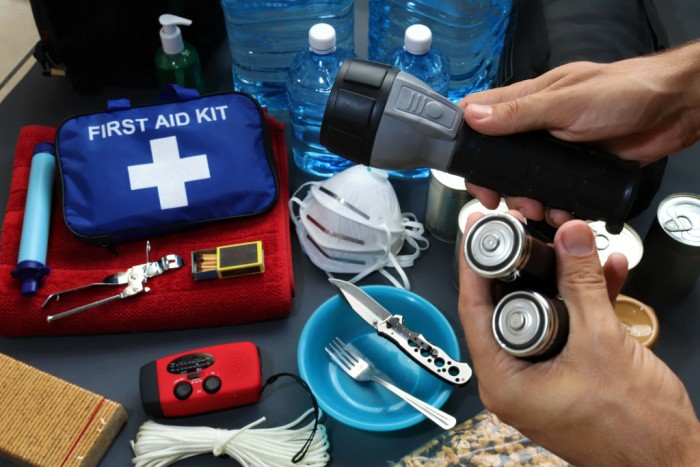













It occurred to me that everyone needs to be prepared for a power outage as power loss is so common just a few knocked down, blown down or torn away poles or lines will do a lot of damage. It’s possible in almost any weather based emergency.
HI Frank, yes indeed we all must be prepared for a power outage. It’s doesn’t have to be a tornado for us to lose power. Great comment, Linda
Prep Smartz is an application for creating, storing and printing an emergency response plan.
https://www.prepsmartz.com/
Hi Roger, great link, thank you! Linda